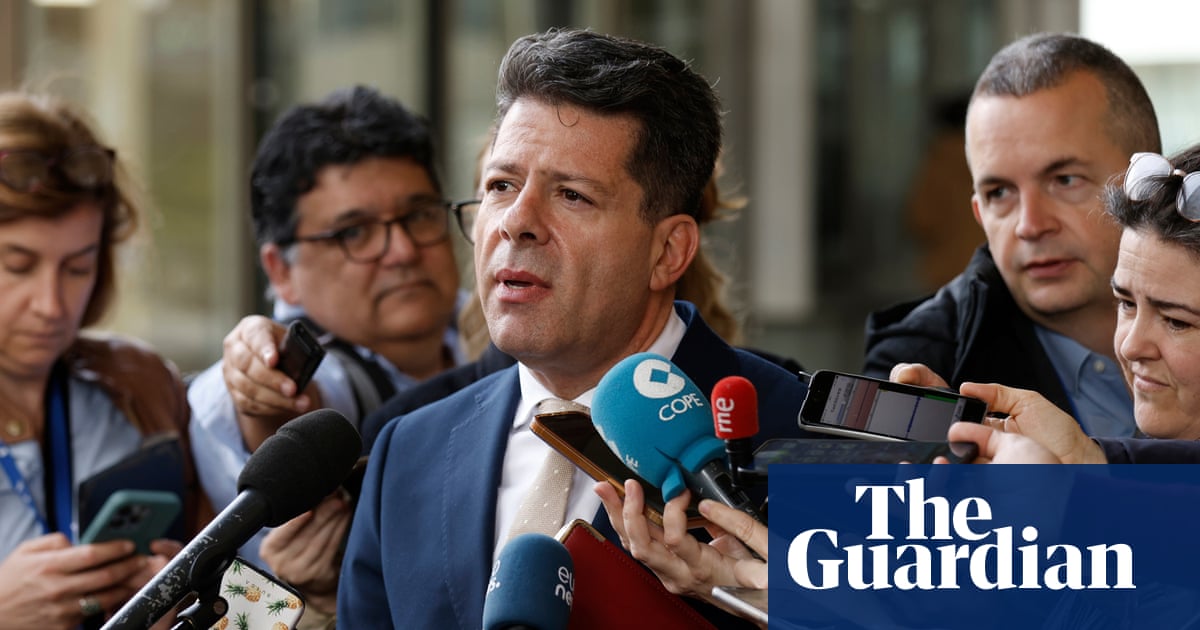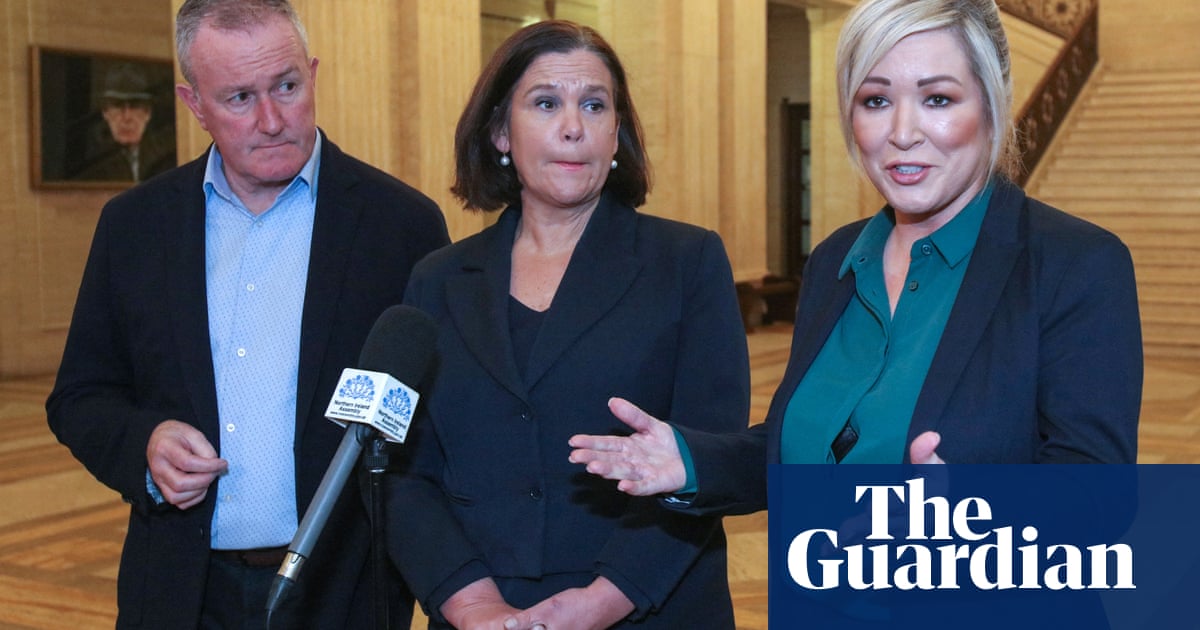
A post-Brexit trade and security treaty with the European Union is within “touching distance”, Downing Street said on Wednesday night as Boris Johnson prepared to overcome final disagreements to unveil a hard-fought Christmas Eve deal.
The prime minister is expected to seal the deal following a final call with the European commission president Ursula von der Leyen – but the two sides were battling deep into the night to gain a last-minute advantage.
Von der Leyen and Johnson had been poised to hold a press conference early on Wednesday night to announce the deal but the two sides could not sign off on the 2,000 pages of legal text and decided to take extra time.
The UK will leave the EU’s single market and customs union in a week, with or without a deal on the new arrangements.
The 11th-hour hitch was not helped by claims from anonymous French officials that the UK had made “major concessions” on key issues around access for European fleets in British fishing waters in the final 48 hours – one of the major sticking points in the final two weeks of talks in Brussels.
UK sources dismissed the claims from Paris but Downing Street faced immediate threats from the European Research Group (ERG) of Tory Brexiter backbenchers.
One of the hold-ups was understood to be the prime minister’s desire to prepare the ground with key backbenchers before the announcement. Downing Street was making a series of calls to senior figures throughout the evening.
In a joint statement, the chairman and vice-chairman of the group, Mark Francois and David Jones, said they would task a group of lawyers dubbed the “star chamber” to analyse the provisions of the treaty before deciding on whether to give their support.
The statement said: “The ERG will tomorrow [Thursday] reconvene the panel of legal experts, chaired by Sir Bill Cash, to examine the details and legal text. The team of highly experienced lawyers previously known as the ‘star chamber’ was first assembled in 2019 to examine the legal aspects of Theresa May’s original withdrawal agreement.
“Given that the new agreement is also highly complex, the star chamber will scrutinise it in detail, to ensure that its provisions genuinely protect the sovereignty of the UK, after we exit the transition period at the end of this year.
“The star chamber, which will include some new members to replace those now in government, will undertake its examination as expeditiously as possible, before providing its conclusions on the merits of the deal – which we will aim to make public before parliament reconvenes.”
UK government sources confirmed the two sides were close to finalising a deal, with Johnson in contact with Von der Leyen throughout Wednesday.
“David Frost is in Brussels working through the detailed legal text, line by line, and we hope we will be in a position to announce an agreement, but we’re not there yet,” said the source. “We need to make sure the devil is not in the detail.”
With discussions continuing in the commission’s Berlaymont headquarters, a pizza delivery arrived shortly after 10pm local time.
EU ambassadors will meet to start the ratification process on Thursday should the two leaders finally make their announcement.
Sources in Brussels and London had confirmed they believed the talks were coming to a successful conclusion. A senior EU source told the Guardian: “The stars have aligned.”
Diplomats representing the 27 EU member states have already started combing through the legal text. The Commons is likely to be recalled by Sunday should the deal be announced after troubled negotiations that had repeatedly looked set to fail in recent weeks.
A vote by the European parliament to give consent to a trade and security agreement with the UK is no longer possible, given the lack of time left before the end of the transition period.
Should a deal emerge, the EU capitals will instead have to agree to “provisional application” of the deal on 1 January, with MEPs voting later in the month.
The process can take up to a week, given the need for the treaty to be translated and scrutinised by the 27 governments. A meeting of ambassadors on Christmas Eve would be the first step towards the provisional application.
Barnier has told MEPs that Christmas Day is the deadline in order for a deal to be in place by 1 January. Should agreement be found after that date, contingency measures would have to be agreed with Downing Street to bridge a short “no-deal” period.
The two sides have been at loggerheads over future EU access and quotas in British fishing waters, an issue of small economic impact but high political salience for both sides.
Barnier said the EU had offered a six-year transition period for phasing in a 25% reduction in the catch by value taken by European fleet in British waters, with access guaranteed to a six to 12 nautical mile zone from the British coastline.
Downing Street had tabled a counter-proposal of a three-year transition period with a 60% reduction – and no access to the nautical zone. Barnier said this issue would have to be settled by Von der Leyen and Johnson with the input of the concerned EU capitals.
The compromise is likely to involve a transition period of five and a half years to phase in the changes, sources said, with the UK accepting a 25% repatriation of quotas. But Downing Street has knocked back attempts by the EU to establish a mechanism under which changes to the quotas in the future could lead to tariffs on British exports.
On the issue of the so-called evolution clause designed to avoid either side gaining a competitive advantage by failing to upgrade environmental, social and labour standards over time, Barnier said there was agreement.
He explained that if either party felt trade was being distorted, they could take measures after consultation. An arbitrage panel would meet within 30 days and adjudicate. If the measures were later seen to have been deemed erroneous or excessive, the aggrieved party would be able to take compensatory measures.












